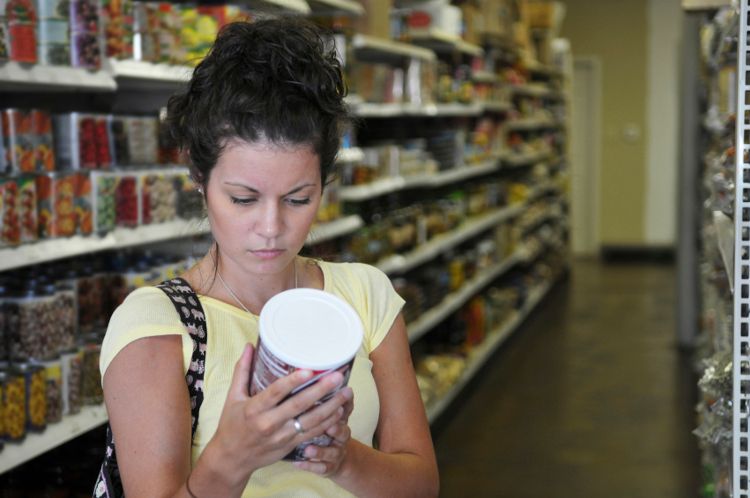Consumers not cutting corners on better-for-you foods, beverages, says new survey
The research found that consumers actively purchasing better-for-you products are more likely to cut spending in other areas to avoid switching to less-healthy foods.
Photo © iStockphoto.com/dlewis33

According to a survey from mindsight (Broomfield, CO), 48% of “better-for-you consumers” have reduced spending on entertainment or activities in order to afford purchase of better-for-you foods, and only 15% have started eatingless-healthy foods to save money. Mindsight’sinaugural Better-for-You Consumer Pulse research, conducted online between August 23 - 25, 2022 surveyed 500 U.S. householdprimary grocery shoppers (aged18 –64) who reported primarily purchasing better-for-you foodand beverages in the past three months.
The research found that consumers actively purchasing better-for-you products are more likely to cut spending in other areas to avoid switching to less-healthy foods, driven largely by increasing anxiety about the economy. Only 28% of respondents are optimistic about the state of the U.S. economy; two-thirds arefeeling more anxious about the economy than they were six months ago. Additionally, 84% of these consumersreport they are concerned about inflation.
“Consumers’ unwillingness to downgrade their food choices in the face of significant economic uncertainty presents a unique opportunity for better-for-you brands,” said Shawn Edwards, founder of mindsight,in a press release. “These brands need to worry less about competing on price with traditional players, and, instead, focus on driving the perceived value of their products with these consumers. We think understanding willingness to pay should far outweigh elasticity right now.”
Consumers are cutting costs elsewhere to afford the better-for-you foods they are used to purchasing. For example, 61% of better-for-you consumers report they have dined at restaurants less in the past six months, 42% have reduced driving orconsolidated trips during the same timeframe. In the past six months, only 10% of these consumershave replaced a better-for-you product they normally buy with one that isn’t.
What’s more,62% of better-for-you consumers are still willing to pay more for all-natural or organic products. However, on the flip side, 45% of better-for-you consumers said sale pricing has played a larger role in purchase decision-making,and 55% said value has become more important when buying groceries in the past six months.
HHS announces restructuring plans to consolidate divisions and downsize workforce
Published: March 27th 2025 | Updated: March 27th 2025According to the announcement, the restructuring will save taxpayers $1.8 billion per year by reducing the workforce by 10,000 full-time employees and consolidating the department’s 28 divisions into 15 new divisions.











